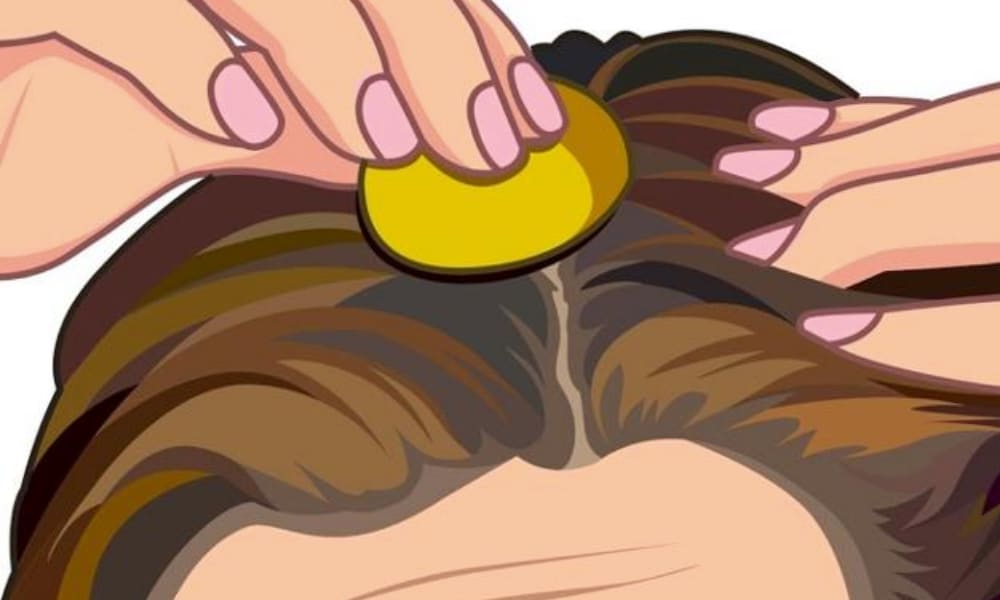Explore helpful tips on hair care solutions for seniors
As we age, our hair undergoes significant changes that require special attention and care. Seniors often face unique challenges with their hair, from thinning and dryness to mobility limitations that make regular grooming difficult. Understanding these changes and adapting hair care routines accordingly can help maintain healthy, manageable hair while preserving personal style and dignity.

Hair care takes on new dimensions as we age, with changing textures, densities, and care requirements demanding thoughtful approaches. For many seniors, maintaining well-groomed hair isn’t just about appearance—it’s about dignity, identity, and continued independence. With the right knowledge and tools, seniors can adapt to these changes while keeping their hair healthy and their personal style intact.
Tailored hair care advice for aging hair textures
As we age, our hair typically becomes thinner, drier, and more fragile due to hormonal changes and decreased oil production. These natural changes require adjustments in hair care products and techniques. Gentle, sulfate-free shampoos formulated specifically for mature hair can help maintain moisture without stripping natural oils. Many seniors benefit from using conditioning treatments with ingredients like hyaluronic acid, biotin, and proteins that help strengthen and hydrate aging hair.
Scalp care becomes increasingly important as well. Regular gentle massage during shampooing improves blood circulation to hair follicles, potentially helping with hair retention and health. For those experiencing significant thinning, volumizing products with panthenol or niacinamide can create the appearance of fuller hair without causing damage. Seniors should generally wash their hair less frequently—typically 2-3 times weekly—to preserve natural oils that keep aging hair moisturized.
Convenient grooming solutions for limited mobility
Physical limitations can make traditional hair care routines challenging for many seniors. Fortunately, numerous adaptive tools and techniques can help maintain independence in grooming. Long-handled combs and brushes extend reach for those with limited shoulder mobility or arthritis. Shower chairs provide stability during washing, while handheld showerheads offer better control over water flow and temperature.
Dry shampoo can be invaluable on days when traditional washing isn’t possible, absorbing excess oil and refreshing the hair without water. For seniors receiving assistance with hair care, scheduling regular appointments with mobile hairstylists who provide in-home services offers professional care without transportation concerns. Simple hairstyles that require minimal daily styling but still look polished can significantly reduce daily grooming challenges while maintaining personal style.
Expert tips for maintaining personal style with aging hair
Maintaining a sense of personal style remains important throughout life, and adapting to changing hair doesn’t mean abandoning individuality. Professional stylists experienced in working with mature clients can recommend cuts that complement thinning hair while requiring minimal maintenance. Shorter styles often work well for many seniors, reducing weight that can make fine hair appear flatter while simplifying daily care.
For those experiencing significant graying, embracing natural silver can be liberating and striking. Modern silver-enhancing shampoos and conditioners help maintain bright, beautiful gray tones without harsh chemicals. Those preferring colored hair should consider gentler, ammonia-free formulations specifically designed for sensitive aging scalps. Semi-permanent options often provide adequate coverage with less damage than permanent dyes. Accessories like scarves, headbands, and quality hairpieces can also enhance personal style while providing practical solutions for thinning areas.
Safe and supportive hair care options for various health conditions
Certain health conditions common among seniors require special consideration in hair care routines. Medications for conditions like hypertension, thyroid disorders, and arthritis can affect hair texture and growth patterns. Consulting with healthcare providers about potential hair-related side effects of medications can help develop appropriate care strategies. For those undergoing treatments like chemotherapy, specialized gentle products designed for extremely sensitive scalps can provide comfort while maintaining scalp health.
Seniors with dementia or cognitive impairments benefit from simplified, consistent routines with familiar products and steps. Using electric razors instead of traditional blades for facial hair maintenance reduces injury risk for those with tremors or coordination challenges. For bedridden seniors, dry shampoo caps that clean without water provide dignity and comfort between traditional washings.
Practical guidance for establishing manageable daily routines
Consistency and simplicity are key to sustainable hair care for seniors. Creating a realistic schedule that accounts for energy levels and assistance availability helps ensure regular maintenance without overwhelming caregivers or seniors themselves. Many find success with a detailed but simple weekly plan—perhaps deep conditioning on Sundays, washing on Tuesdays and Fridays, and using dry shampoo on alternate days.
Organizing hair care supplies in easily accessible locations with clearly labeled products reduces frustration and promotes independence. Adaptive tools like easy-grip brushes with palm straps help those with arthritis or limited dexterity maintain daily grooming habits. For seniors with memory challenges, visual guides with simple steps posted in bathrooms can support independent care. Ultimately, finding the right balance between necessary care and realistic expectations creates sustainable routines that support both physical health and emotional wellbeing.
This article is for informational purposes only and should not be considered medical advice. Please consult a qualified healthcare professional for personalized guidance and treatment.




